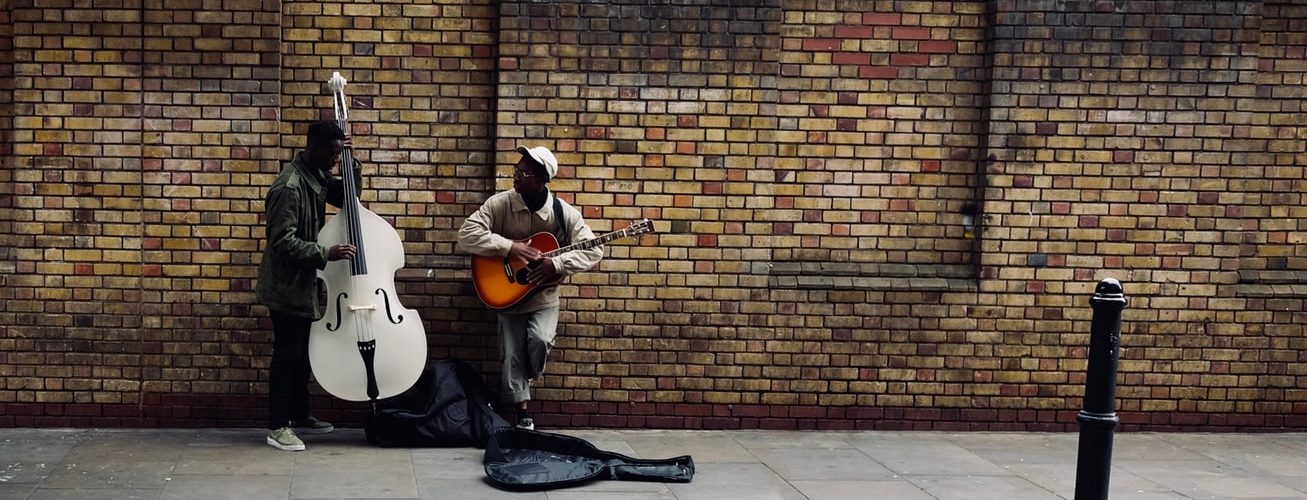There is a new trend in travelling where backpackers beg for money from locals to fund their travels. While some sell photographs or busk on sidewalks, others just canvass for handouts. These “begpackers” are usually young Westerners and the locals who give money to them are often poorer than them.
Authorities in Asia are seeking to clamp down on these “begpackers”. In the Indonesian island of Bali, it has been reported that tourists who run out of money or are pretending to be beggars will be sent to their embassies. In Hong Kong, begging is illegal and although busking is legal, it is closely watched by authorities due to the potential for noise complaints.
The crackdown on “begpackers” has also negatively affected some street performers. Locals have become more critical of street artists and the increased regulations on street performers have made it unsustainable for buskers to continue showcasing their talents.
Read the full article on Business Insider: Millennial backpackers are begging for money from locals in Southeast Asia to fund their travels, and police have had enough
Analysis:
What is so problematic about having “begpackers” in Asian countries and about having tourists ask for donations to fund their trips? Some argue that help should only be given to those who are in dire need rather than towards the travel aspirations of a healthy individual. Particularly in Asia where many are living below the poverty line and the locals who give money to the tourists are poorer than them, the criticisms against the “begpackers” might be justified.
Does it matter then whether the tourists are busking or simply begging for money? There are some who busk or sell photos to fund their trips. One can imagine that the public sentiment would be averse to those who simply beg for money without busking. At least those who busk showcase their talents and contribute to the arts and culture scene in the host country. Arguably then, those who busk or sell their photos can contribute to the country and make a positive impact in the city.
Unfortunately, the clampdown from the authorities and the general suspicion of the locals have made it more difficult for both “begpackers” and buskers alike. If buskers are considered to benefit their host cities with their talents, then it would be useful to have a more precise approach. Cities could find ways to support street performers while still penalising those who beg from locals to fund their travels.
Questions for further personal evaluation:
- If busking were only a pretext for travellers to ask for money, would this change the way you thought about them?
- Does busking contribute to the arts and culture scene in the host country? If so, how?
Useful vocabulary:
Knowing the difference between ‘averse’ vs ‘adverse’:
- ‘averse’: having an active feeling of repugnance, dislike or distaste
- ‘adverse’: harmful or opposed to one’s interest

